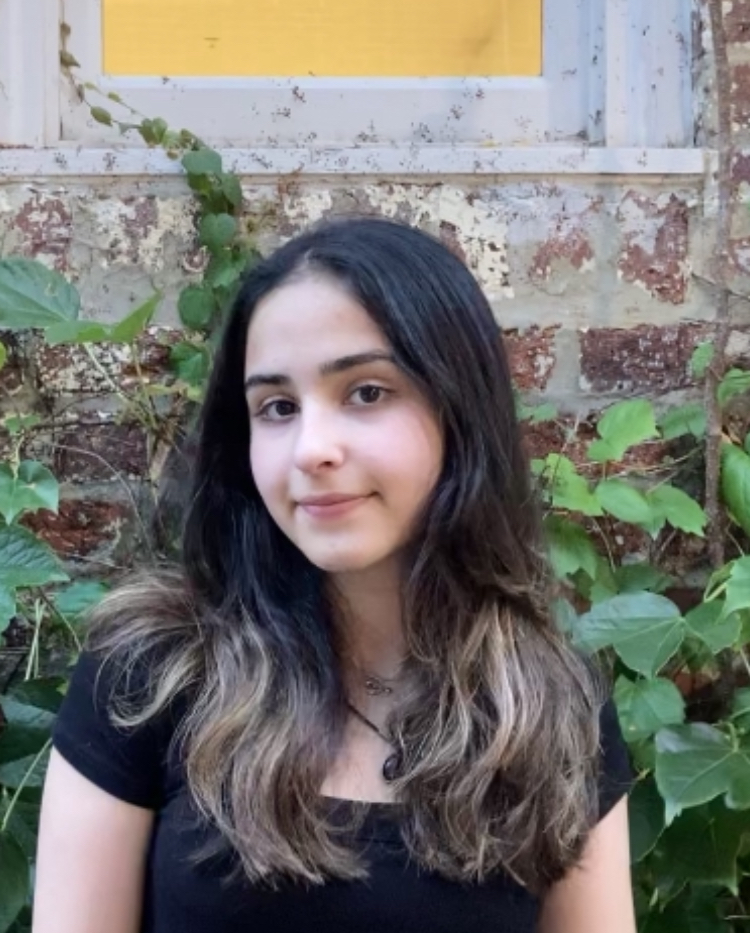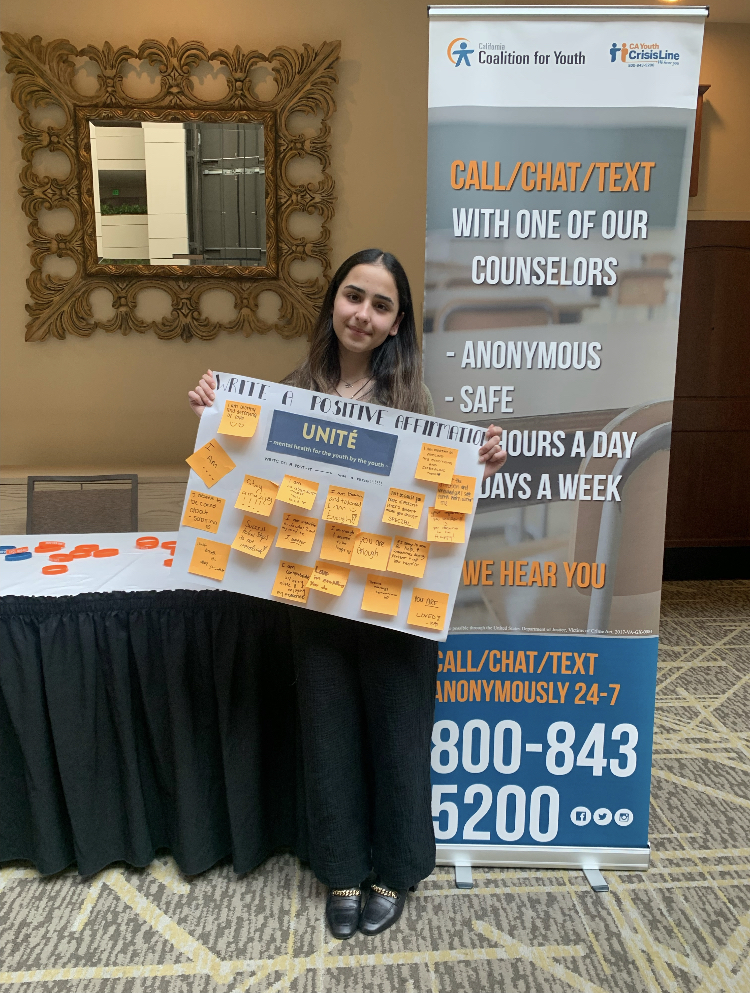
Niku Sedarat, who is just starting her senior year of high school at De Anza College, has been building a mental health organization called Unité over the past year that’s helping West Valley youth who are going through tough times.
While the 17-year-old knows she doesn’t have the training to serve as a clinician herself, she’s doing what she can with the initiative—reducing stigmas and providing helpful resources.
“A lot of the time we think of mental health as an individual’s issue,” she said in a recent telephone interview. “But I also think that as a community we can do a lot to cultivate awareness.”
And there certainly are problems to tackle in West Silicon Valley.

When asked if there was a purpose to their life, last year, 38% of 11th grade students in the Los Gatos-Saratoga Union High School District said they felt that statement was either not-at-all true or only a little true, according to the California School Climate, Health and Learning Survey. And 44% of this group said they believed—at least to some extent—that challenging themselves would not make them any smarter.
Couple this with the 229 suicide deaths recorded from 2003-2015 among youths aged 10-24 who resided in Santa Clara County (including those who died elsewhere) and the significance of organizations like Unité comes into stark focus.
Sedarat, who lives in the Almaden area of San Jose, has worked hand-in-hand with the Center for Developing Minds, a mental health and behavioral pediatric clinic in Los Gatos, to deliver a course on emotional regulation to youth.
She’s also an intern at the National Alliance of Mental Illness of Santa Clara County, which provides support to local students and others.
Sedarat, whose home high school is Monte Vista in Cupertino, decided to start Unité after seeing a troubling trend within her own friend group.
“I thought it was really interesting how normalized struggling with your mental health was,” she said. “I thought it was time to take this really seriously.”
Having witnessed loved ones get help with their mental health challenges and come out the other side healthier and more resilient, she had seen what was possible.
And she wanted to make sure this pathway was a real possibility for her peers.

“I got to see the benefits of seeking mental health care,” she said, reflecting on how she named the organization after the French word for unity. “I founded that initially to use it as a way to build community over our shared experience of mental health.”
While a new 9-8-8 mental health crisis line was recently rolled out nationwide, Sedarat still saw a need for something on-the-ground to reinforce broader efforts.
“I just didn’t think that was enough,” she said, noting that youth are more likely to accept support when it seems more tangible—which Unité aims to be. “The support is actually coming from someone who is part of their community.”
She built a website with resources, developed a social media presence and began recruiting an army of volunteers to translate documents and do outreach.
“At first it was really a solo endeavor,” she said, adding the more people who began participating, the more their work became relevant to people of various backgrounds. “Our focus is really on destigmatizing mental health.”
The idea, she explained, is to make it seem easy for youth to ask for assistance about mental health challenges and to normalize these sorts of conversations.
“It starts with you as an individual,” she said. “Really immerse yourself in those resources…I think that being aware and understanding allows you to be a little bit more vigilant about the warning signs.”
Their latest push is to collect cards with handwritten positive messages during September, National Suicide Prevention Month, to be distributed in psychiatric hospitals.
“This is really open to anyone who would want to help,” she said.
For information, visit @unite.mentalhealth on Instagram, uniteyouthmentalhealth.com or email un****************@***il.com.









